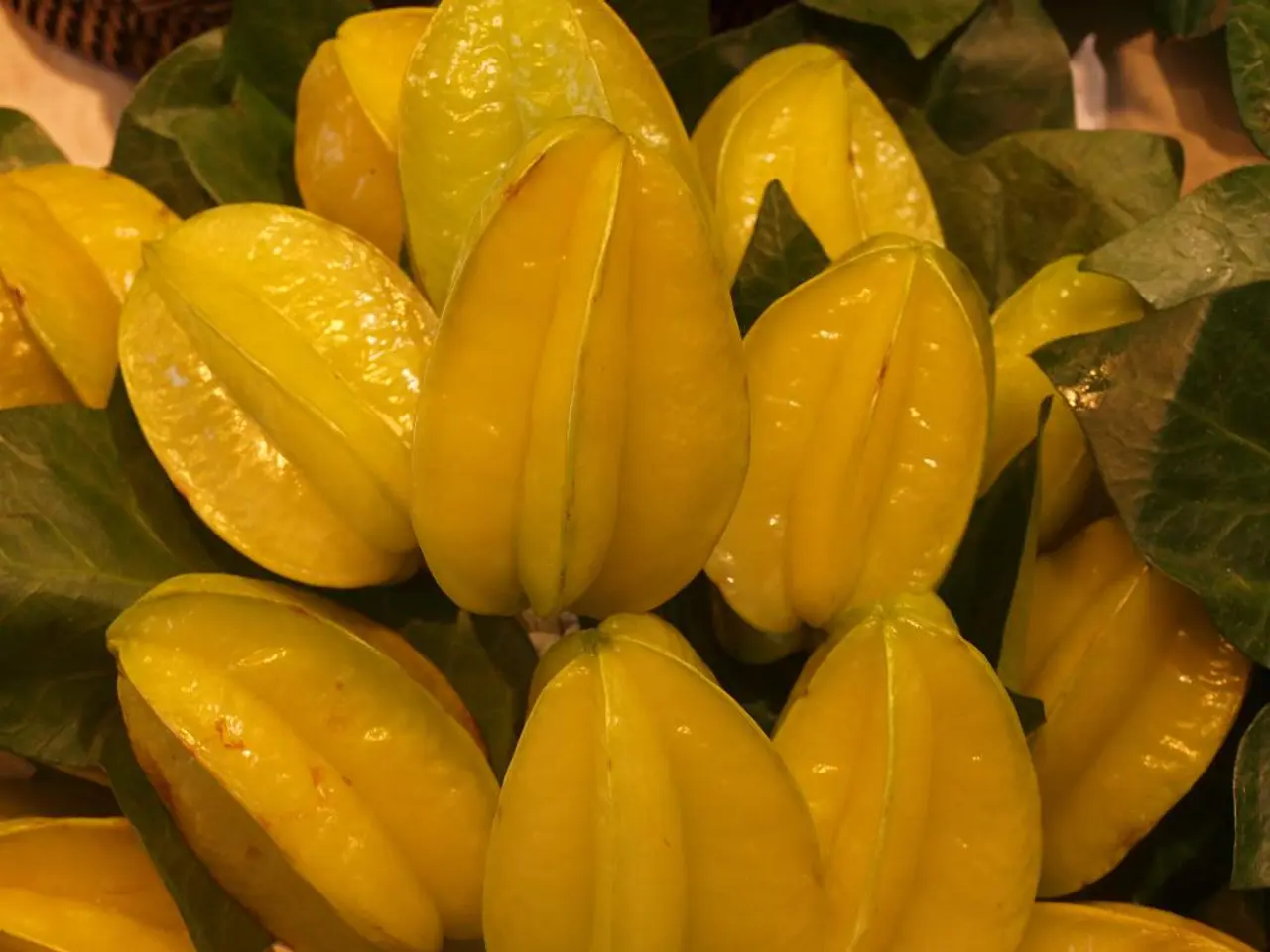Explore India's Spiced Savors: Savor Regional Specialties on a Taste Adventure!
India's diverse and unique pickle (achar) varieties not only tantalise the taste buds but also offer a host of health benefits. These regionally distinct pickles, each with their own distinctive flavour profile, are a testament to the country's rich culinary traditions and its diverse produce.
Take for instance, the Kairiche Lonche from Maharashtra, a well-balanced pickle made from Alphonso mangoes. Or the Marwadi Keri Lunji from Rajasthan, a sun-dried raw mango pickle with mustard seeds and asafoetida, known for its dry, long-lasting texture and ability to complement rich Rajasthani cuisine.
Pahadi Hing Aam Achaar from Himachal Pradesh uses wild sour mangoes and asafoetida, making it suitable for the cooler mountain climate. The Stuffed Red Chilli Pickle from Uttar Pradesh is another favourite, where large red chilies are filled with a spiced masala mix and preserved in mustard oil. Amloki (Gooseberry) Achaar, popular in North India, uses Indian gooseberries with spices like red chili, turmeric, mustard, and asafoetida, preserved in mustard oil.
These traditional pickles leverage a variety of local fruits and vegetables such as mangoes, gooseberries, limes, and chilies, often combined with regional spice blends.
The health benefits of Indian pickles are numerous. For instance, the traditional fermentation process in some pickles like hing mango pickle encourages the growth of beneficial gut bacteria, aiding digestion and improving gut health. Ingredients like asafoetida (hing), which are carminative (relieve gas), can reduce bloating. Spices such as mustard seeds, turmeric, and red chili powder contain antioxidants. The acidic and oil content helps preserve vitamins in raw fruits like mango or gooseberry.
The Hing Mango Pickle, in particular, is highlighted as a gut-friendly superfood. It promotes digestion, relieves bloating, and supports overall gut health due to both fermentation and the digestive-enhancing effects of hing and spices.
To enjoy these health benefits, consumption is best in small amounts (about ½ to 1 teaspoon per meal) and balanced with other foods to avoid high salt or spice-related digestive irritation.
In addition to their health benefits, Indian regional pickles are culinary treasures that reflect diverse terroirs and traditions. Each jar tells a story of region, tradition, and resilience. Every bite of pickle is a nostalgic taste of the past, lovingly passed down generations. So, next time you savour a bite of your favourite pickle, remember it's not just a condiment, but a piece of India's edible heritage.
References: [1] Traditional Indian Pickles: A Culinary and Cultural Journey. (2020). Retrieved from https://www.indianfoodfreak.com/traditional-indian-pickles/
[2] The Health Benefits of Indian Pickles. (2021). Retrieved from https://www.healthshots.com/nutrition/the-health-benefits-of-indian-pickles-157263
[3] Amloki (Gooseberry) Achaar Recipe. (n.d.). Retrieved from https://www.indianhealthyrecipes.com/amloki-gooseberry-pickle-recipe/
[4] Hing Mango Pickle: A Gut-Friendly Superfood. (2021). Retrieved from https://www.naturallydarling.com/hing-mango-pickle-gut-friendly-superfood/
[5] Khatta-Meetha Nimbu Ka Achar: A Spicy and Sour-Sweet Delight. (2021). Retrieved from https://www.indianfoodfreak.com/khatta-meetha-nimbu-ka-achar/
- Indian pickles, like the Hing Mango Pickle, offer multiple health benefits due to their fermentation process, as they help promote digestion and improve gut health by encouraging the growth of beneficial gut bacteria.
- Cooking global cuisines can be enhanced with the addition of traditional Indian pickles, such as Kairiche Lonche from Maharashtra, which is made from Alphonso mangoes and offers a unique flavor profile to complement various food-and-drink recipes.
- The diverse pickle varieties in India, ranging from Marwadi Keri Lunji to Pahadi Hing Aam Achaar, showcase the country's rich food-and-drink traditions and its distinct regional produce.
- Nutrition experts recommend consuming Indian pickles, such as Amloki (Gooseberry) Achaar, in small amounts (about ½ to 1 teaspoon per meal) to enjoy their health benefits, as they may contain high amounts of salt or spices that could cause digestive irritation.




